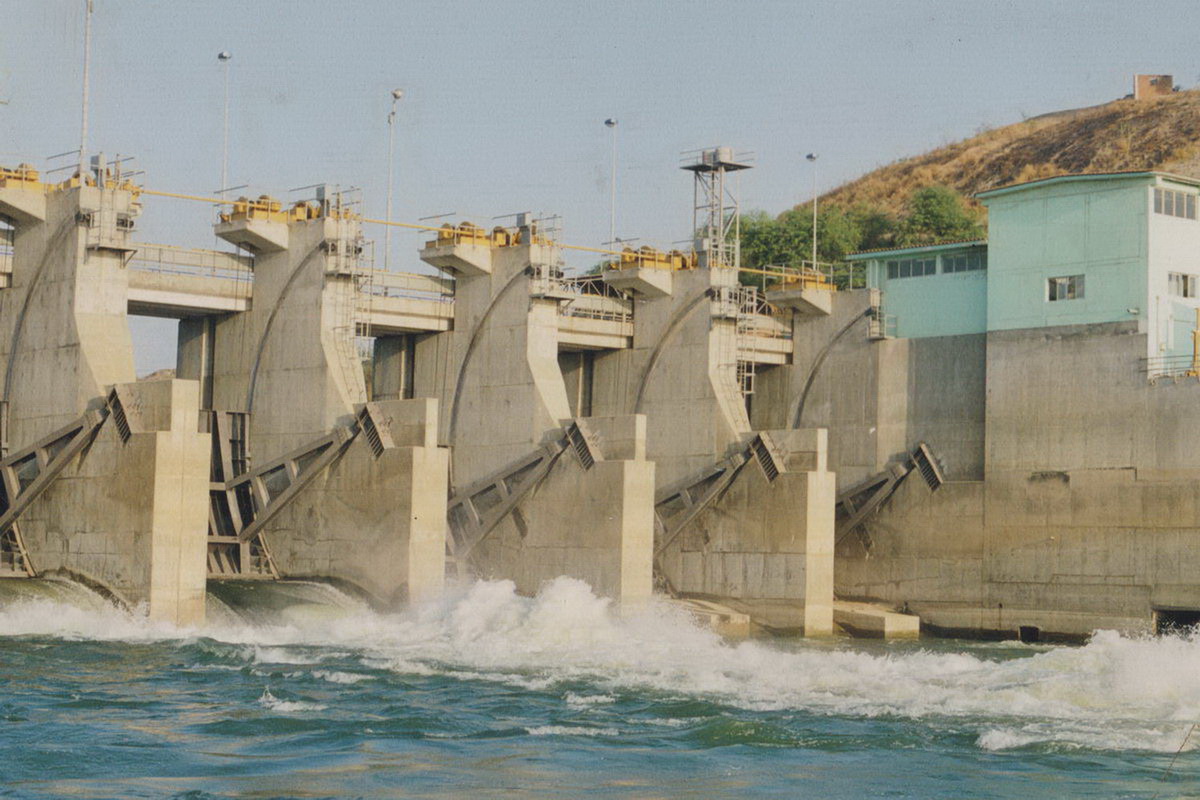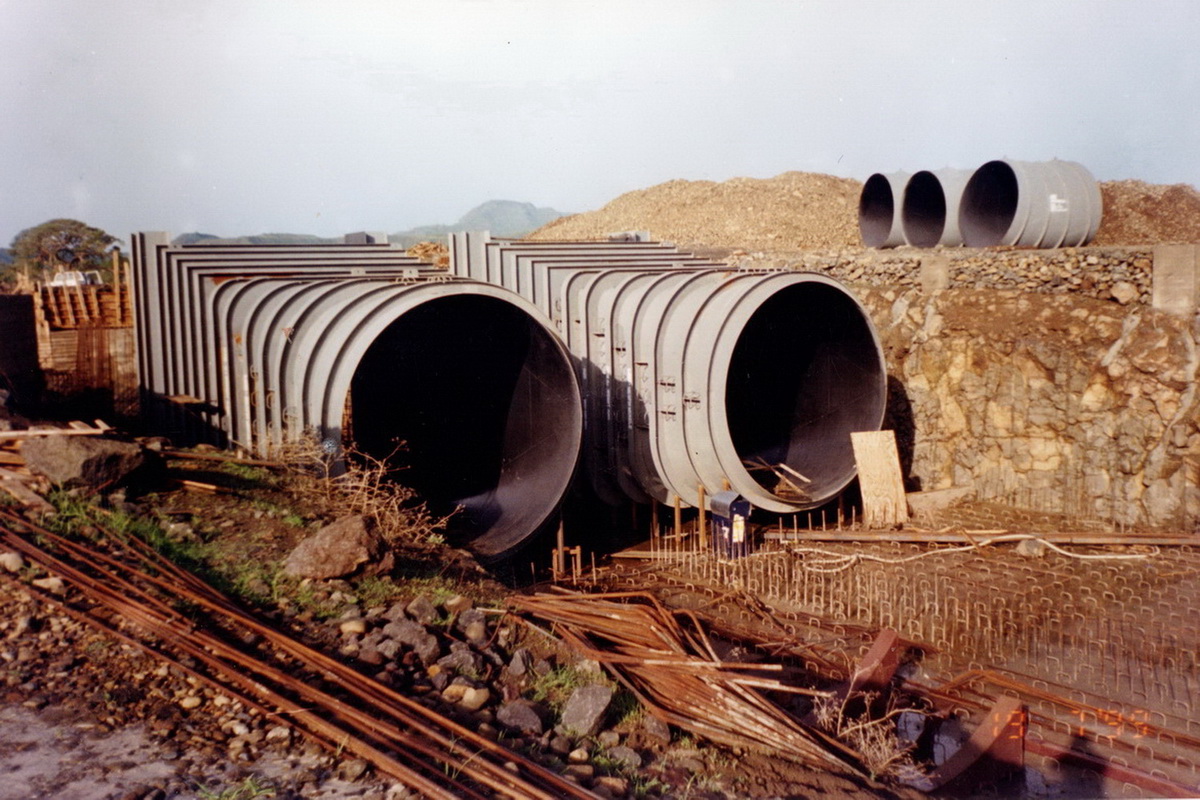Gosa Fom Monograph 1991-2000
1991–2000. The years of perseverance
The events of the 1990s, the wars and disintegration of Yugoslavia...
The events of the 1990s, the wars and disintegration of Yugoslavia, the disappearance of the USSR and the abolition of the socialist system in the countries of Eastern Europe led to the shrinking of the market and decline in economic activity in the Republic of Serbia. Industrial production dropped significantly and many companies found themselves in a difficult situation.
The situation was particularly exacerbated by the economic embargo imposed on Serbia by the United Nations Security Council in 1992. GOŠA FOM withstood this difficult period relativelly well thanks to the product portfolios that had been developed until then and capable staff. The volume of production was reduced, but stable.
Although the conditions for getting and realizing jobs in this area were very tough, the factory managed to keep a good number of its customers. It retained the existing production portfolio and, in order to increase capacity utilization, developed a new one. Hydromechanical equipment was designed and manufactured to a lesser extent, but even that was rather significant given the circumstances. Agreements for mini hydroelectric power plant Zrmanja in Croatia in 1992, the Sidi el Barak dam in Tunisia in 1997, HPP Đerdap in 1997, and the L`oued el Breck dam in Tunisia in 2000, were realized.
The largest and most extensive job was the delivery of Hydromechanical equipment in 1995 for the Sullana dam in Peru - the third phase of a major project called Chira Piura. GOŠA FOM participated in all three phases. The delivery of hydromechanical equipment to HPP Tis Abay in Ethiopia in 1998 was also of great importance. During this period, thermal power plant Kolubara B was built in Serbia, with GOŠA FOM delivering 4,000 tons of large steel structures in 1996- 1998.


